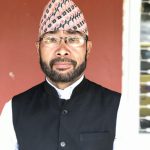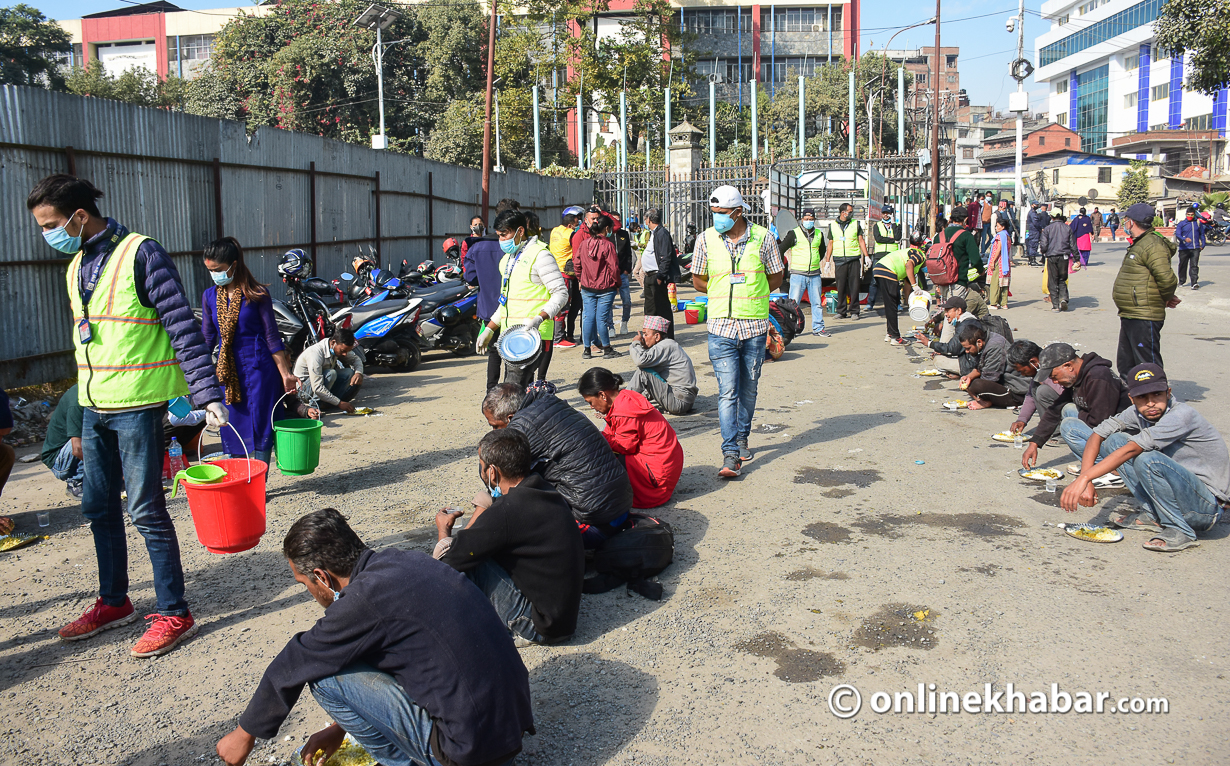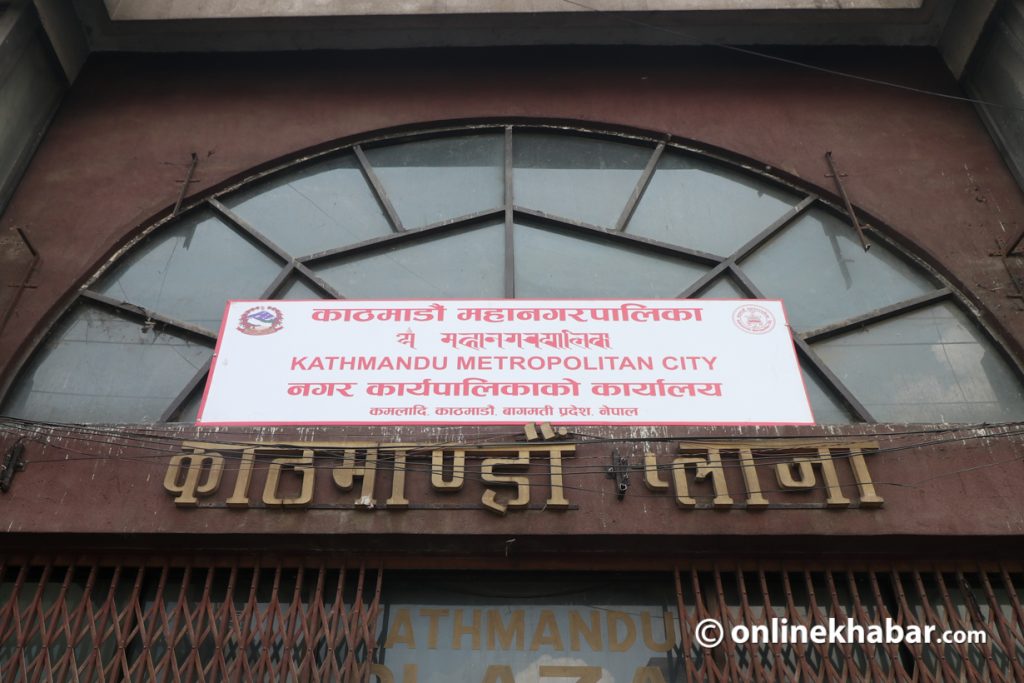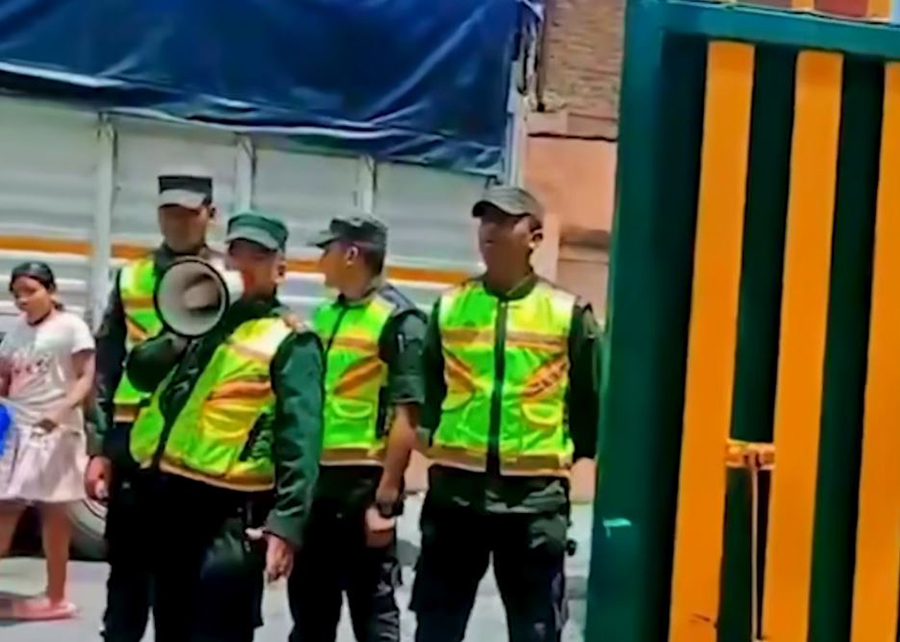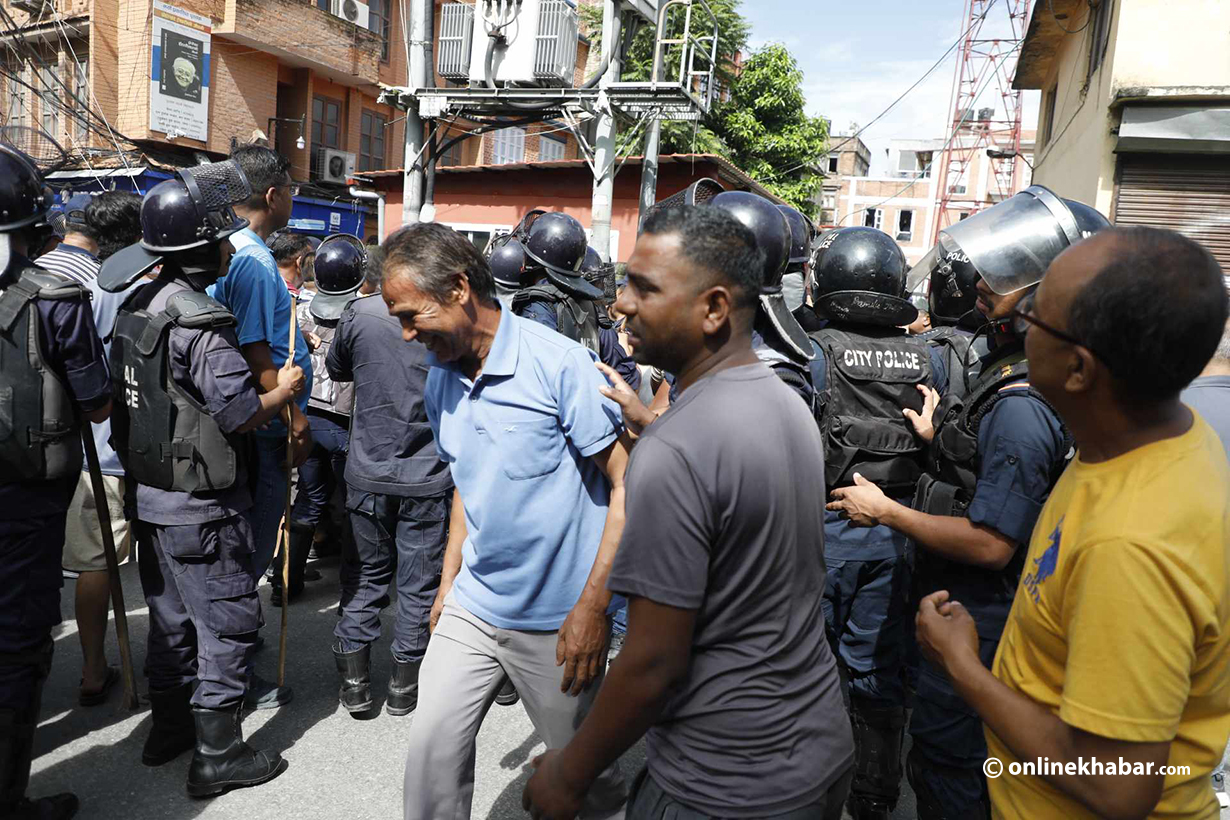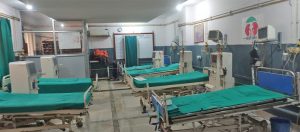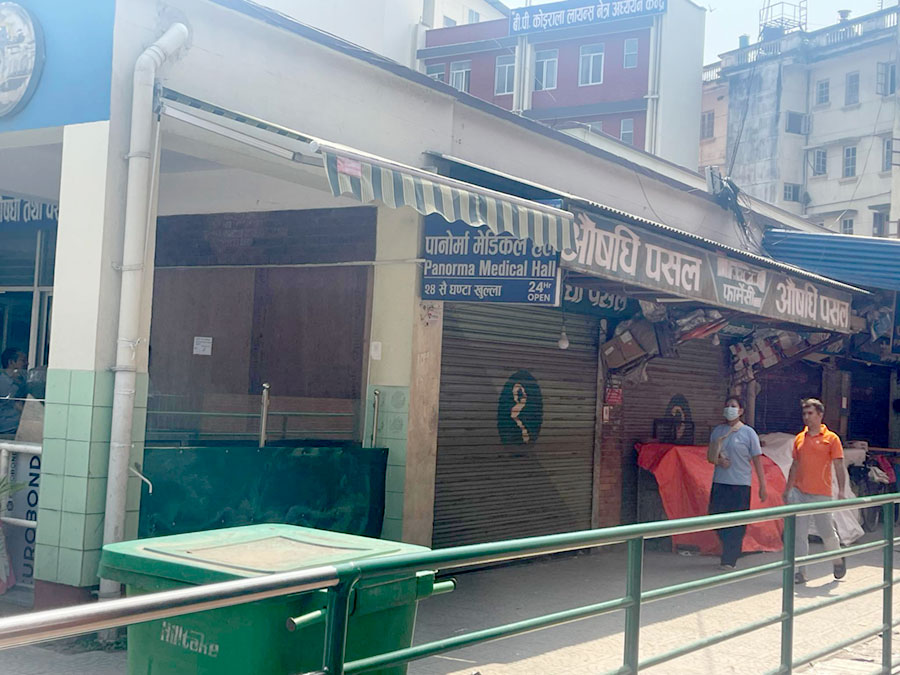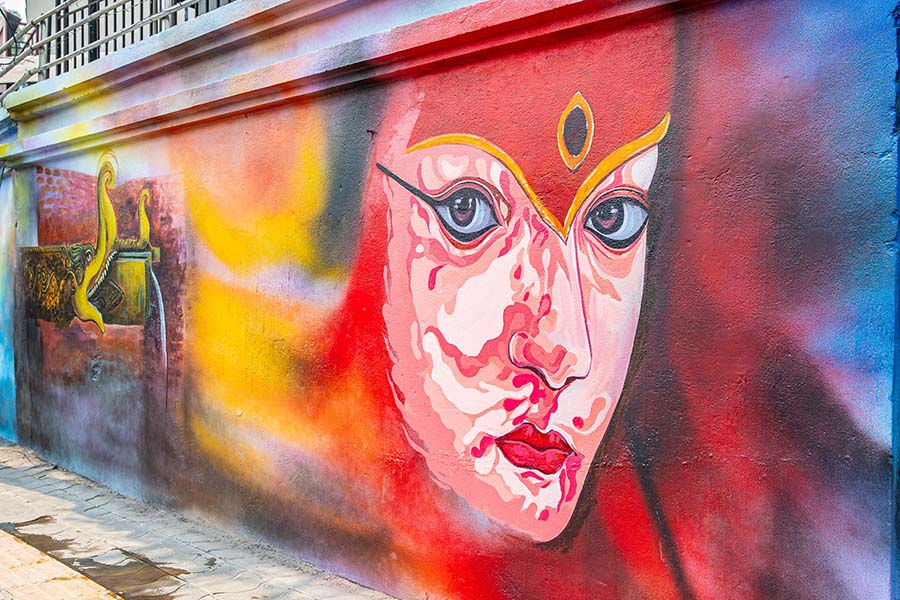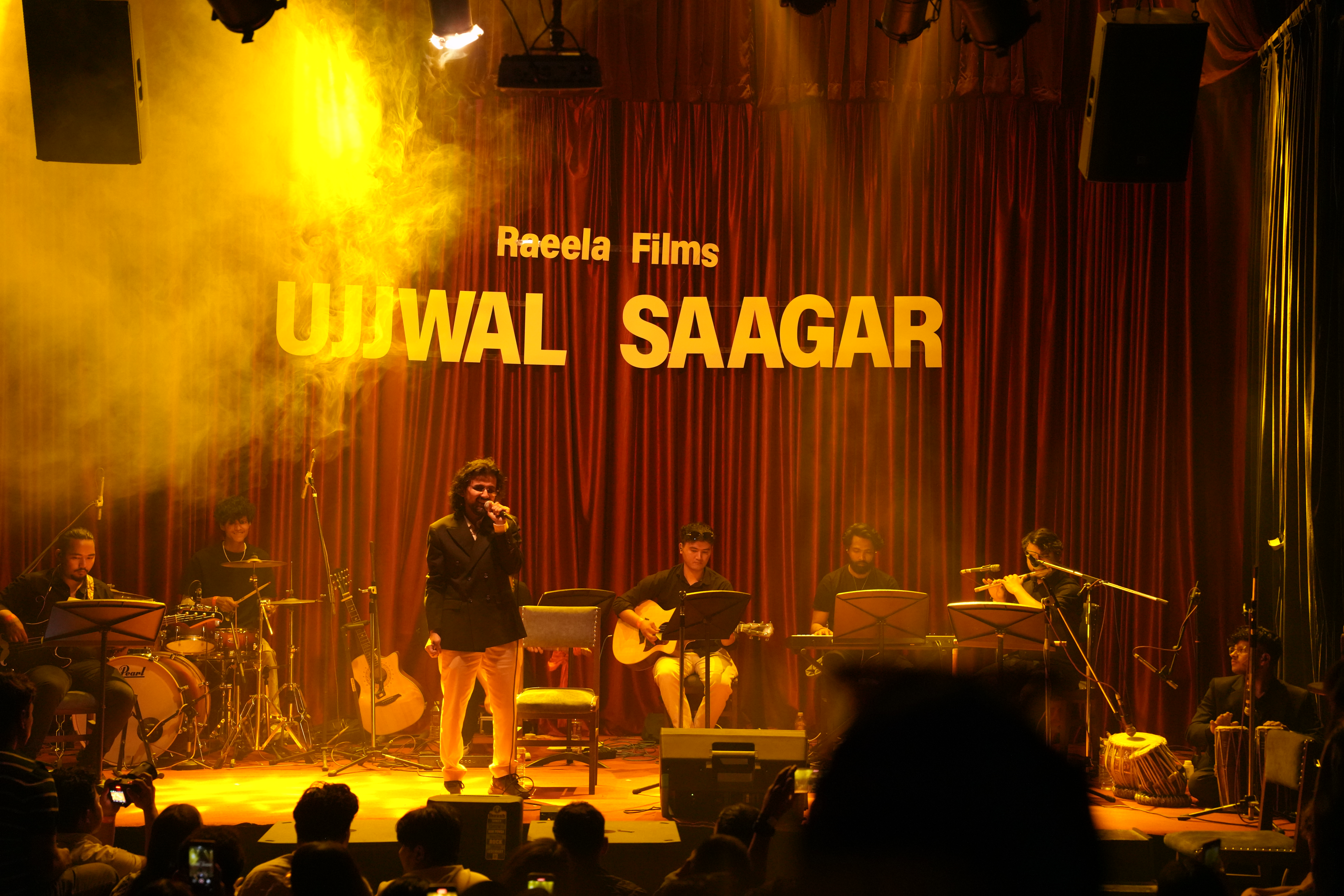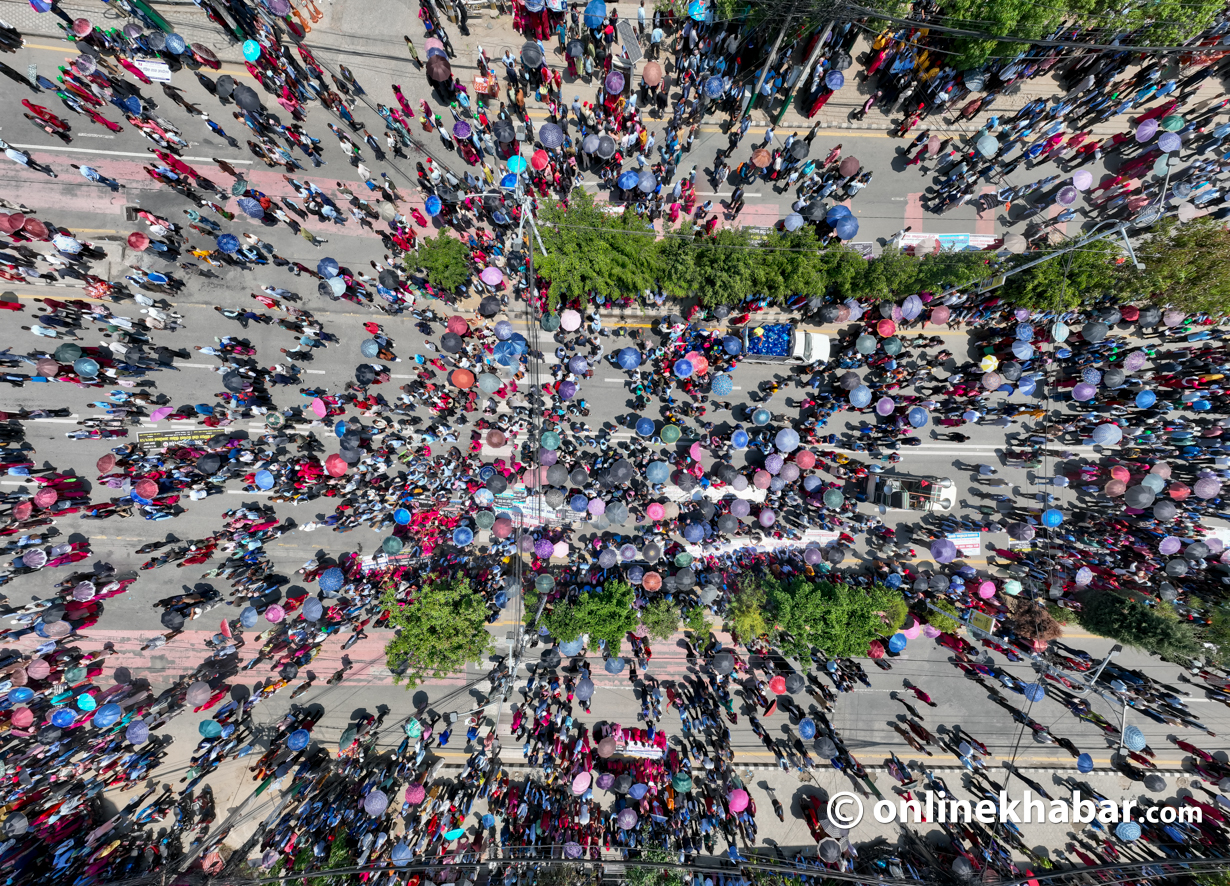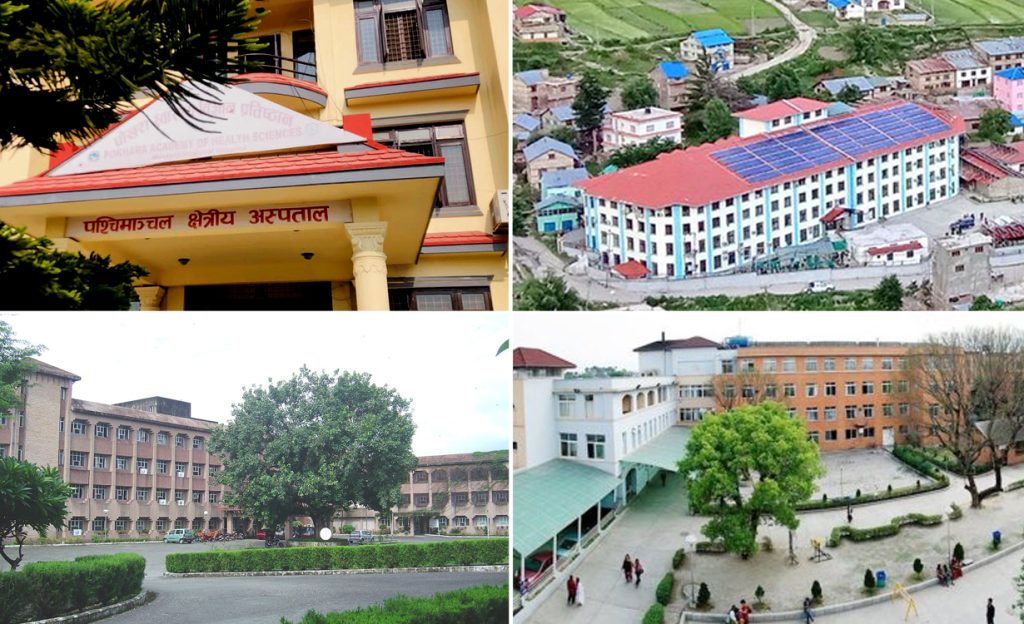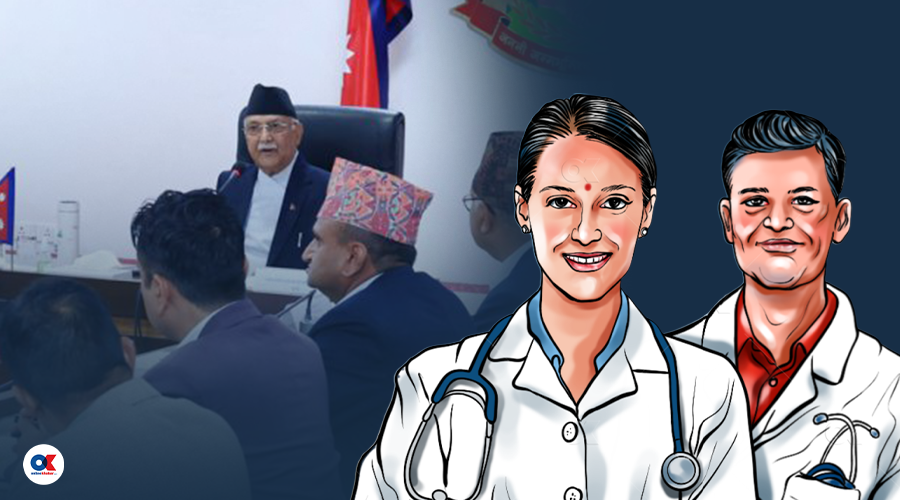In the last week of March this year, many daily wage workers were deprived of their sources of income abruptly when the government announced a strict lockdown order across the country, including in Kathmandu, in its bid to prevent and control the spread of SARS-CoV-2 (coronavirus). Their situation worsened as days passed; they ran out of food and had to rely on the distribution of cooked meals offered by different volunteer groups, private companies, NGOs, local clubs, and others.
Media were awash with pictures depicting worried people queuing for receiving food packets and adults and children alike sitting on open grounds while eating the food from paper plates, clearly without adequate hygienic arrangements.
The print, broadcast and digital media, including commentaries on social media platforms, chided the government for failing to look after the citizens.
Over time, these meal distribution activities became more regular and attracted an increasing number of people. There was no end to this daily scene of despair and destitution even after the lockdown orders were eased and people started resuming their economic activities, albeit with caution.
In this background, last week, the Kathmandu metropolitan city decided to stop the distribution of cooked meals to the needy in the public ground at Khulamanch. But, this order was received with a lot of media criticism.
The city officials said the unmanaged distribution of meals in the open air was neither aesthetically appealing nor hygienic. Moreover, the city government said such distribution programmes were not pre-approved, and it was not known who were carrying out the activity. This led to several questions on the quality of the meals distributed, the management of the crowd, hygienic arrangements for the eating area and cleaning of the area after the distribution of meals, among others.

The city, in the meantime, asked such good Samaritans to conduct such programmes in a properly managed way at party venues.
The good Samaritans’ philanthropic activities, the city’s decision, and the media backlash to the city officials’ decisions have raised some fundamental questions on how poor people are depicted in the media, how some people use the not-so-fortunate people in their publicity stunts, how these humanitarian activities are governed, how public places are used and how there is the lack of transparency in the expenditure of funds collected for philanthropic activities, among others.
What is also very important to realise is that this piecemeal approach to food security is not a sustainable activity. Moreover, organisers of such programs must realise that it is their duty to get prior approvals for any philanthropic activities in public places, and they should report to the authorities on their sources of income and expenditures they have made on.
It might seem emotionally appealing to distribute meals to people who are hungry, but as responsible citizens, all must adhere to the rules and regulations and maintain the decorum of the city and act accordingly.
On the other side, the local governments must also work together with such philanthropic organisations and facilitate the latter’s attempts to serve people. The city should have held discussions with such meal distributing groups and institutions and tried to find out a better solution to the persisting problems faced by the people than to abruptly try to stop such activities and be seen as a heartless institution.

Instead of playing the blame game, this incident could serve as an example for both the city and the local organisations on how to better coordinate while providing humanitarian services to the needy people.
On the part of the local groups and organisations, they must make public their sources of income and the amount of money they have received for running such activities and the expenses they have done. They should also ensure proper recording of beneficiaries of their events so that it serves as institutional knowledge which can be used in the future.
For the media, it should consider whether using degrading images of people in despair and destitution is something that adheres to the media ethics. Failure to abide by the media ethics and using people as subjects of stories to increase their circulation, TRP or likes and shares in social media is not fair and justified act.
To sum up, a city will be a better place to live in only if its residents, officials, media and the local institutions and organisations work together by respecting each other’s importance and value in the society.


